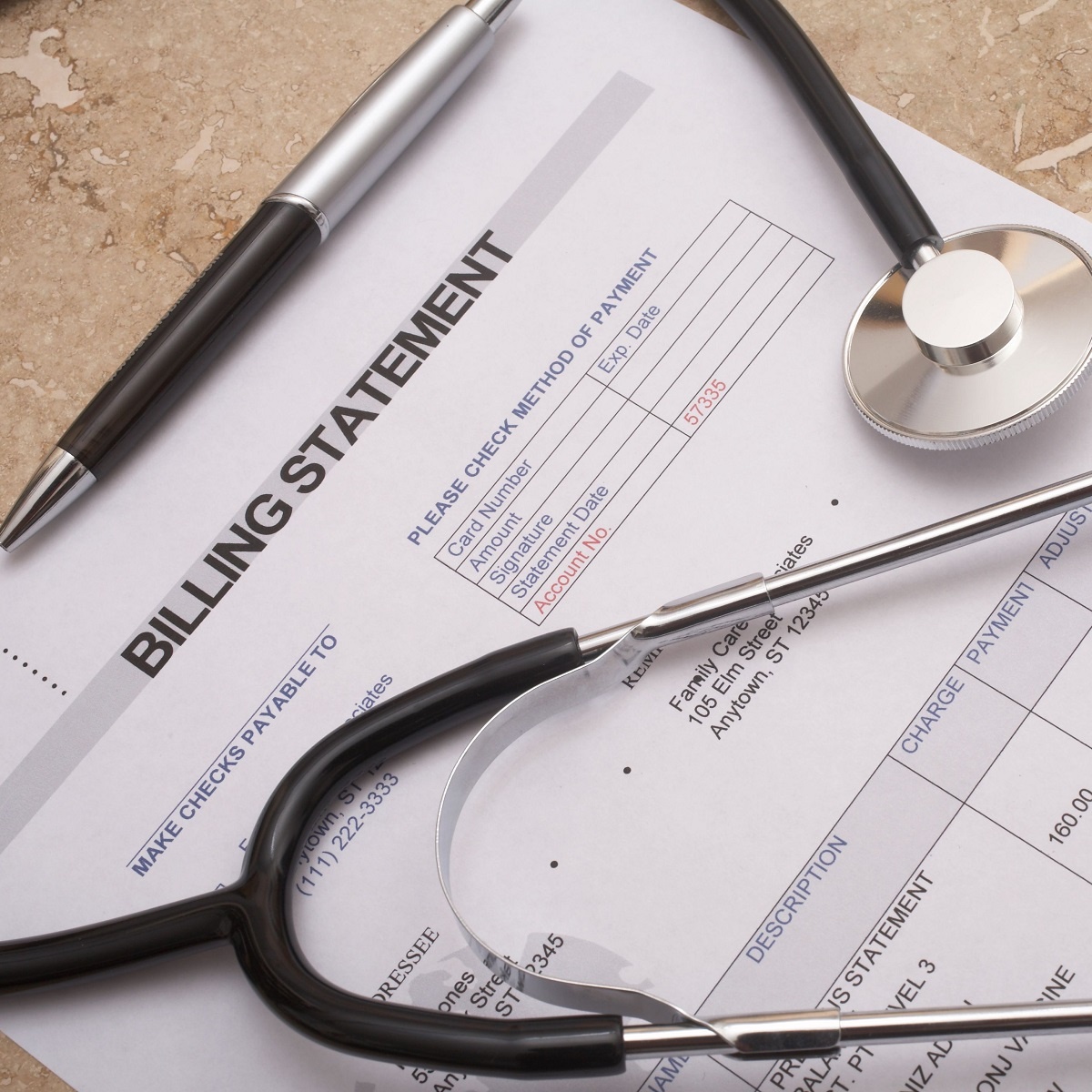Manage Your Debt - Let's Explore Your Options
GET STARTED NOWHow Medical Debt Does and Does Not Impact Your Credit Report or Score

For many people, the announcement last year that the three major credit reporting agencies would remove paid medical debts from credit reports was a welcome relief. Medical bills and the confusion those bills and insurance cause, has led to many people owing debts they never planned for. These unintended debts can wreak havoc on finances by causing higher interest rates if someone does borrow money and may even prevent people from obtaining credit or a home loan.
The removal of paid medical collections has been a huge boon for consumers. And the news gets better! Another change that occurred after July 1, 2022, is that consumers have one year to satisfy a medical debt. If they do so, it will not appear on a credit report. The previous timeline was only six months which was not long enough for bills to process through insurance and for a person to dispute insurance coverage issues.
And possibly the best news of all, Equifax, Experian, and TransUnion will no longer include medical debts under $500 on a credit report. According to the Kaiser Family Foundation report Health Care Debt In The U.S.: The Broad Consequences Of Medical And Dental Bills, of those who owe medical debt, 16% owe less than $500.
Credit Scores
There are also changes to how credit scores are evaluating medical debt. The VantageScore has announced it will stop using paid or unpaid medical debt in credit scoring by the end of January 2023. It expects people will see an increase in these scores by as much as 20 points. The VantageScore is used by many consumer facing sites that offer credit monitoring and viewing services.
The FICO credit score, widely used by lenders when determining credit worthiness and risk, does not anticipate making changes to its scoring models based on the changes to medical debt reporting. FICO currently has a model that ignores paid medical debts and that gives less weight to unpaid medical debt than other unpaid collection debts.
Medical Bills
All this great news does not eliminate the medical bills themselves or remove the responsibility to pay the debts. So here are some tips for dealing with those unexpected bills.
First, be sure to review medical bills. Some numbers from the medical billing field suggest that 80% of medical bills have errors. Some errors may be simple spelling or address issues, but others can include services you may or may not have received, medications not received or received at a different dosage, the level of care provided (inpatient, observation, outpatient only), and more. Be sure your charges match what happened when you or a loved one received care.
Second, if you have insurance, be sure the medical provider has your insurance information and watch for correspondence from the insurance company. The insurance company will send an explanation of benefits that shows the covered services and what part of the bill remains the patient’s responsibility. If you don’t agree with the insurance companies’ evaluation of the bill, you can dispute that information.
Third, if the remaining balance exceeds your ability to pay in full, talk to the medical provider and request payment arrangements. Be sure to keep payments within your budget.
If the medical provider was a hospital, ask for financial assistance or charity care to help cover the remaining balance due.
No Insurance
If you do not have medical insurance, and the provider was a hospital, ask if they have charity care or financial assistance available to assist with medical bills. If the provider was a provider such as a doctor’s office, laboratory, etc., ask if they can provide a discounted rate or an insurance rate. This is often lower than the rate charged to people without insurance. Work with the provider to develop an affordable repayment plan.
Another option, if you don’t currently have insurance, is to apply for assistance through Medicaid. If you are eligible and receive the coverage, it can retroactively cover medical bills.
Summary
The changes to the way credit reports and scores evaluate and report medical debts is great news for the 20% of households who say they owe medical bills. We do not always know medical expenses are coming, but these changes and the knowledge of what to do when we receive a bill can help us avoid damaging debt and negative entries on our credit reports.
Remember, you can view your three main credit reports, for free at AnnualCreditReport.com. And if you or someone you know is struggling with medical debt, contact AFS. We can help with a little advice, hope, and a plan. 888.282.5811
Published Jan 25, 2023.
